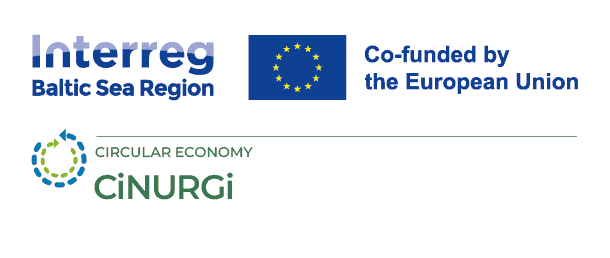
The Farmers' Parliament (ZSA): Reaching for the end-users
26 April 2024
Through its stakeholders, mainly – farmers, ZSA aims to improve nutrient availability through the diversification of nutrient sources. These stakeholders are interested in testing and demonstrating the application of nutrients recovered from various side material streams.
In the CiNURGI project, ZSA serves as a crucial partner, providing a direct link to farmers, who are the end-users of recycled fertilizers. In an interview with Maira Dzelzkaleja-Burmistre, Zanda Melnalksne, and Iveta Grudovska from ZSA, they highlighted that despite Latvia having the lowest animal density in the EU, the uneven distribution of nutrients poses challenges. Some farms face issues with nutrient concentration, while others experience deficits, which have been addressed by importing phosphorus (poultry) from other countries.
“Latvian farmers are keen to learn more about effects, that recovered nutrients can bring to the farms. One of the potential sources is composted sewage sludge. Sewage sludge often has specific consistence, and existing spreading technology is unsuitable. In contrast, composted material has a higher nutrient content, is easier to spread, and eliminates odor. Farmers would be interested to apply organic material, like rest materials from the production, if there would be more efficient ways to use composted material as a fertilizer,” says Zanda Melnalksne, ZSA.
ZSA hopes that through the CiNURGI project, it can provide farmers with more information about composting, spreading technologies, best practices, cost-effective methods, and how to obtain more organic fertilizers.





